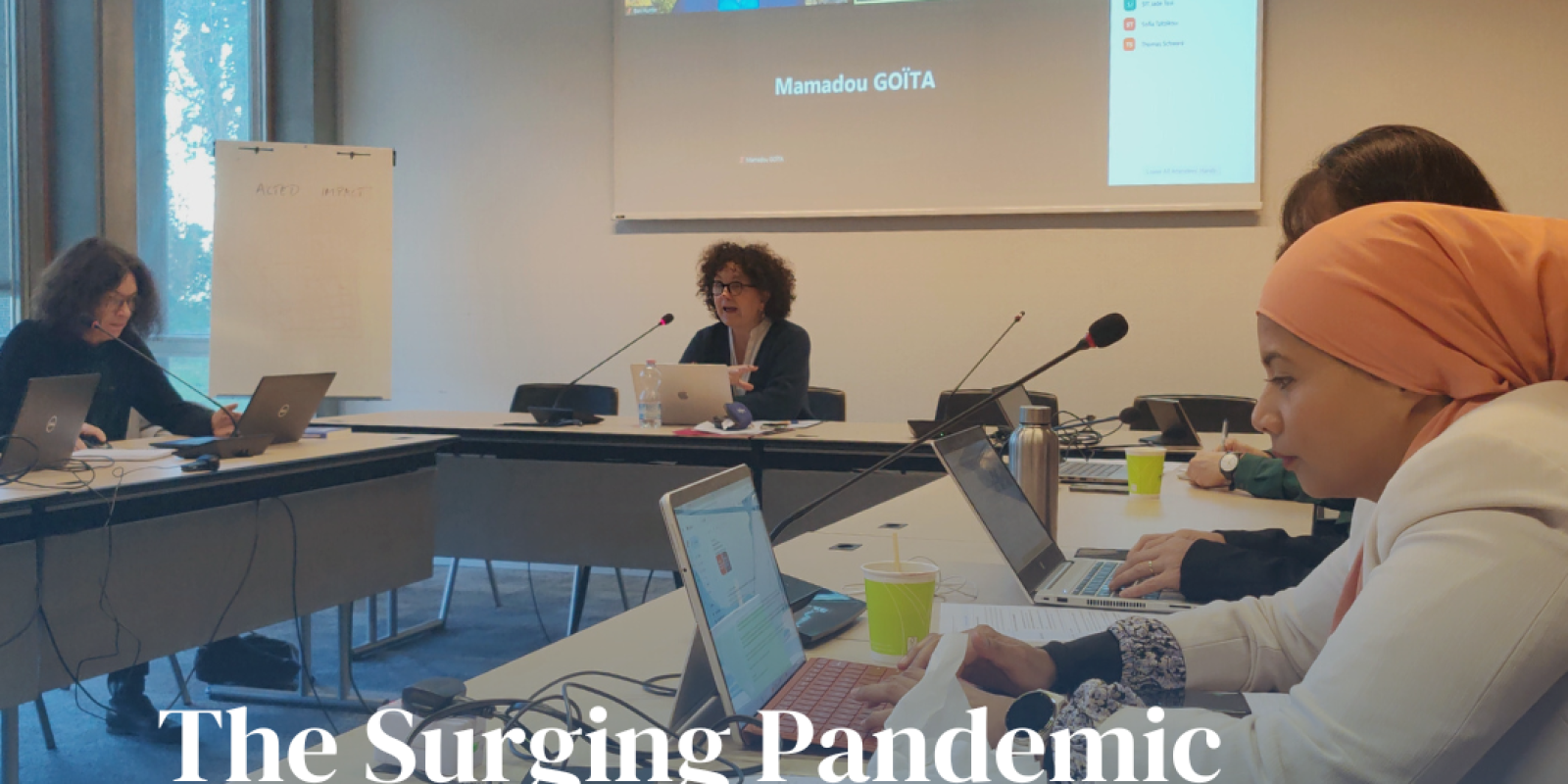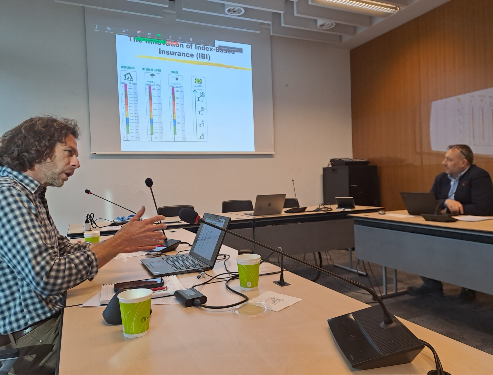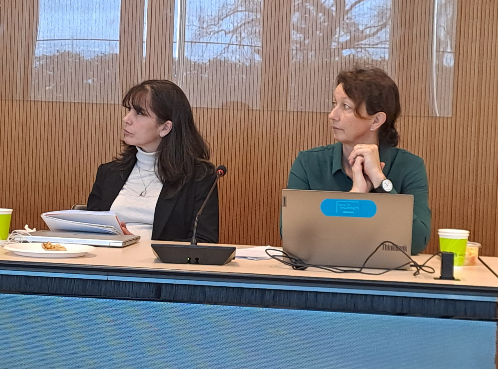
Event Recap: The Surging Pandemic of Health and Food Financialization
You can find the workshop's agenda here.
___
On January 30th 2024, the Society for International Development (SID) organized a workshop in Geneva titled “The Surging Pandemic of Health and Food financialization” with the aim to shed light on the growing and unregulated trends of financialization in these two separate but interconnected arenas where SID is directly engaged in, with several other partners. Through the health and food lens, it is possible to humanize the complex reality of financialization, usually side-lined in international circles because of its highly technical specifications. At the same time, it is indispensable to break this curtain of silence and raise awareness with government delegates and civil society entities alike on how seriously financialization impinges upon human and planetary rights, and particularly on human dignity.
The most worrying consequence of financialization is precisely the exorbitant leverage that private financial actors and institutions have obtained within the health and food arena. The framing of policy orientations and governance set-ups, influenced by financial players that constantly promote the unregulated engagement of the private sector, has literally transfigured the human rights to health and food. These have been broadly subjugated to shareholder values, market solutions, monopoly regimes, financial volatility; the commodification of health and food has been widely used for oligopolistic profit extraction.
Targeted to UN diplomats, civil society organizations and specialized media, the seminal workshop featured speakers with expertise stemming from academic and civil society research. Both sessions have demonstrated how financialization trends have found a new round of unexpected opportunities in the wake of Covid-19. The pandemic crisis has indeed provided the perfect breeding ground for the creation of new financial instruments and new saleable and tradeable assets for global investors in both health and food, particularly in association with climate change. With power and money, private entities have mushroomed and started substituting themselves to the governments.
The workshop has dived into the various modalities though which financialization has commodified bare necessities like health provision and agricultural products, paving the way for speculations orchestrated by the private financial system. These include innovative insurance schemes in health and food, the use of “blended finance” via the model of the so-called Public-Private-Partnerships (PPPs), the design of pandemic and catastrophe bonds, as well as assistance packages for the poor. The World Bank Group (WBG), with its private sector arm the International Financial Corporation (IFC), is the unchallenged broker of these schemes, which deliberately leverage the private sector investment de-risked by public funding. In health, the use of PPPs highly encouraged as instrument of development aid turns out to entail a high cost for the public purse and an excessive level of risk for the public sector, in direct contrast with the Universal Health Coverage agenda of sustainable development.
As reminded by the UN Special Rapporteur’s on Foreign Debt and Human Rights, Attiya Waris, the 7 principles of fiscal legitimacy - transparency, accountability, responsibility, effectiveness and efficiency; fairness, justice – are impossible to implement in a totally deregulated scenario where minimum control on capital movements is absent. Speakers’ contributions in the two panels have enabled a better understanding of the correlations existing between the health and food arenas. For example, as happens in the healthcare sector, also in the field of food the repeated requests for regulation on speculations have been completely overlooked. Meanwhile, empirical evidence shows how financial instruments like derivatives and insurance schemes, misused as they are to merely respond to financial market logics, create the structural conditions for volatility and spikes. Yet, the mainstream policy responses keep refusing to address this nexus.
The Geneva workshop marks the beginning of a longer and challenging journey. Indeed, the Society for International Development intends to pursue this synergic path of research, knowledge exchange and collective shaping of strategic policy work around the complex theme of financialization. SID’s ultimate hope is that the financialization interpretative key may serve the purpose of condensing the work done and coalescing commitments and engagement for much necessary mobilizations and actions against structural economic and financial injustice at a time when the international community starts preparing the Financing for Development Conference 4 in Spain in 2025.
___
Below you can view and download the presentations and reports shared by the distinguished speakers.
Morning session | Health
Benjamin Hunter, Lecturer in International Political Economy at the University of Glasgow: Financialization and global healthcare
Mariska Meurs, WEMOS: World Bank Group: improving healthcare, but for whom?
Maria Jose Romero, Eurodad: The false solution of health Public Private Partnerships (PPPs)
Afternoon session | Food
Tomasso Ferrando, University of Antwerp: Enrichment and impoverishment through food financialization
Ryan Isakson, University of Toronto: Speculative harvests: the promotion of insurance schemes for poor and small-scale farmers
Philip Seufert, FIAN International: The financialization of people’s territories: Impact on communities and challenges for accountability


